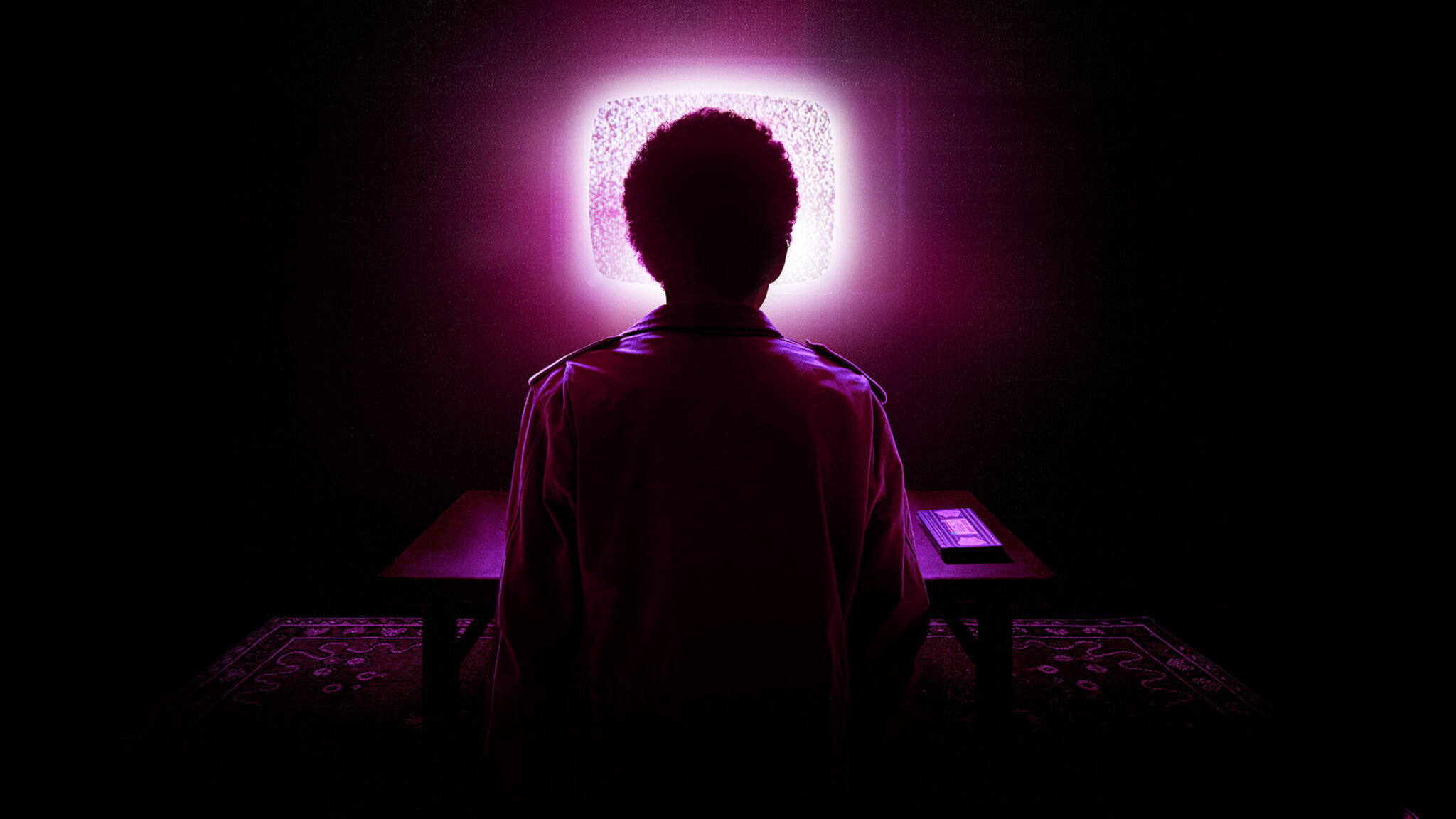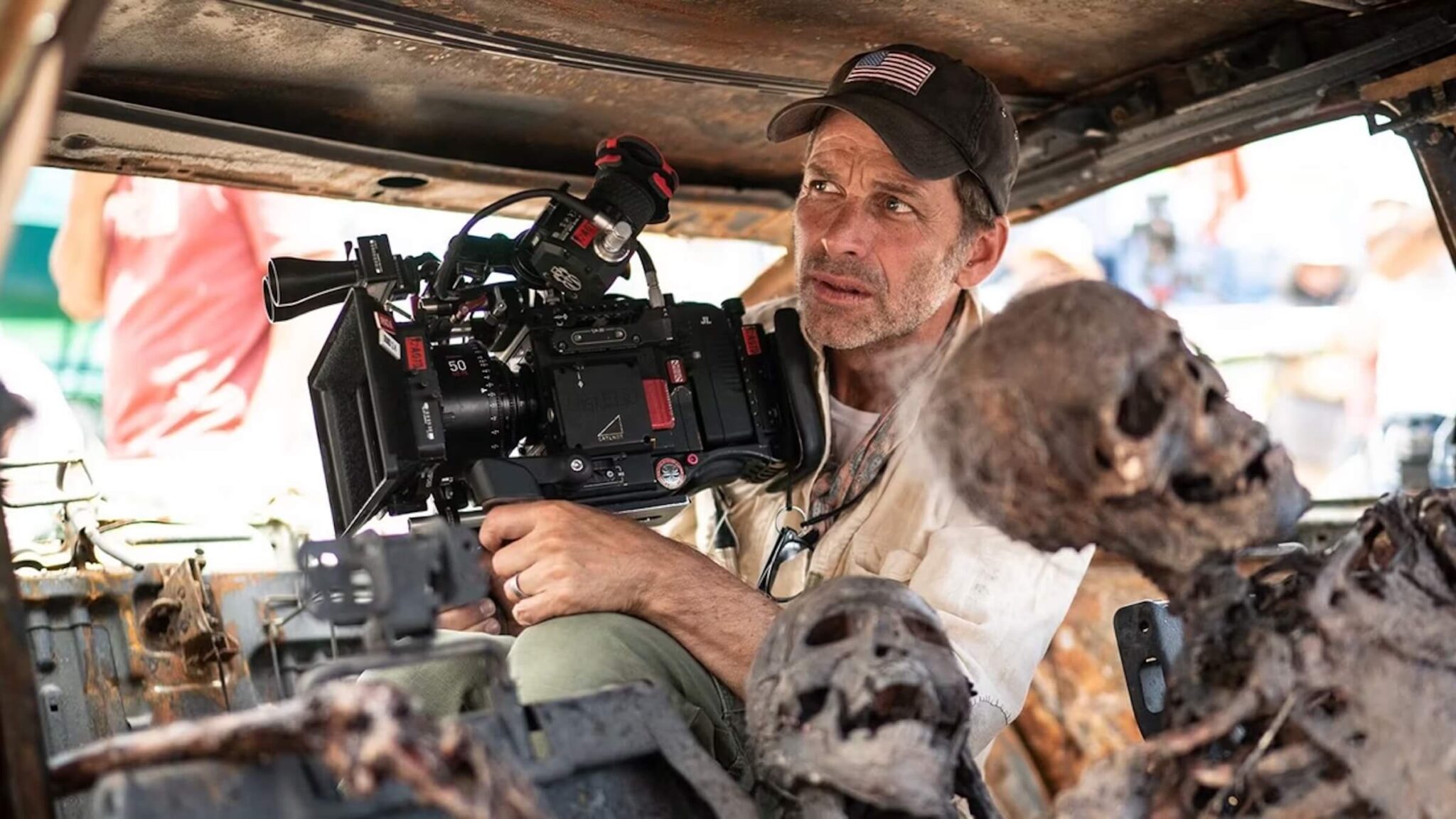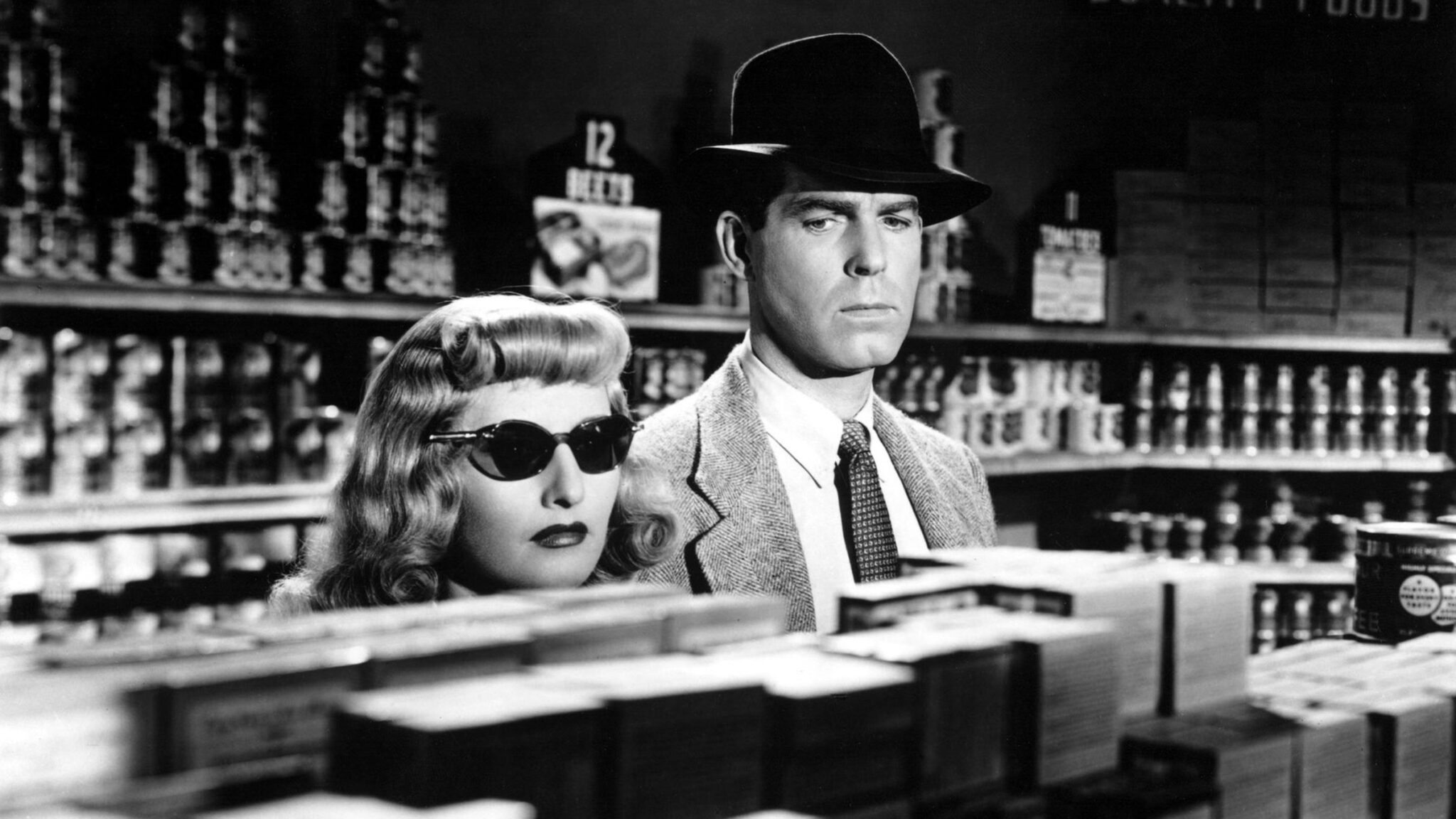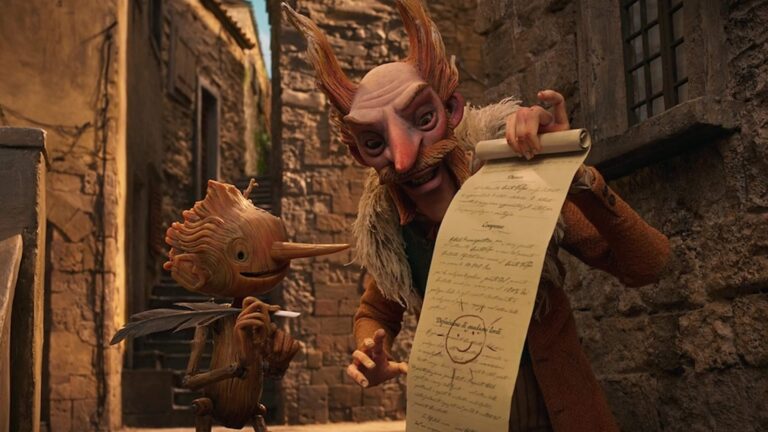The Secret Cost of Screenwriting: Rejection, Uncertainty, & Anxiety

When I decided to quit my full-time job as a journalist to pursue screenwriting there were certain things I prepared for. I knew I wouldn’t have a regular income, I knew I might slip into some debt, and I knew it could take me many months to land my first writing gig. But I didn’t anticipate how trying to write professionally would torment my psyche.
Let me backtrack for a moment.
Ever since I was in school I was looking towards my career as a journalist. In college, I took extra classes on weekends and during the summer, I was the Editor-in-Chief of the university’s magazine and contributed regularly to the campus newspaper. I worked two jobs to pay for school and graduated in three years. All of these actions were designed to inch me closer to landing a job as a journalist. And the week after graduation I started an internship at a prestigious magazine in Los Angeles, after which they hired me on full-time.
For the next six years, I would work at various journalistic publications, writing about film and television.
But along the way, I developed the desire to write my own work. It wasn’t enough to speak to other writers, directors, and actors about their projects — I ached to create my own. I tried my hand at writing a script and was instantly hooked. I loved the process and began writing more scripts on nights and weekends. After a few years of juggling a career and extracurricular screenwriting, I was at a crossroads. After my feature script landed on The Black List, my agents were scheduling multiple meetings a week with producers and studios who wanted to meet me. I couldn’t continue to take time off work to take the meetings, so I decided to take the leap and quit my job, throwing myself fully into screenwriting. It was a thrilling prospect, but I was entirely naïve to all the ways this decision would test me mentally.
For the first time in over six years, I was without a salaried, full-time job.
There was no going into an office, no daily tasks I had to complete, and no knowing where my next paycheck would come from. With the freedom of creating my own schedule came a myriad of uncertainties.
I spent my days taking general meetings and preparing pitches for open assignments. For the uninitiated, open assignments are projects owned by a studio or production company that need a screenwriter to develop and eventually write them. The process of pitching on these assignments is long — I spent, on average, multiple months pitching on each project, getting invested in the story, pouring tons of free work into each narrative, only to ultimately have the company either choose another writer, or, choose me but have the project fall apart for another reason. It was brutal. After seven months of pitching on these OWAs, I landed my first open assignment, but the months preceding this glorious moment were horrible. And they didn’t get considerably better afterward, either.
Learn how to train yourself to be ready for screenwriting success with this free guide.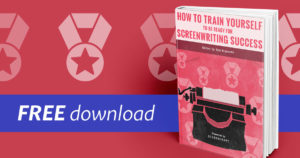
For some reason, I thought that landing my first job would fix all my problems.
It would legitimize my choice to pursue this career (which it did in some ways), it would get me out of debt (not even close), and most importantly it would squash my imposter syndrome and depression. But, of course, it did not. If you’ve landed one job or a thousand there is never a guarantee you’ll land the next one. There’s no guarantee the movie you sell or are hired to write will get made, or that you will earn enough money to live off. The constant uncertainty is something I still struggle with every day. But, I’m getting better at dealing with the ups and downs, and here’s how.
Firstly, I remember that I chose this work because I love it.
Yes, it has many ups and downs and it takes a whole lot of effort, persistence, skill, and luck to make it as a working writer, but there’s no other career I would find more fulfilling. I try to remind myself of this when I’m feeling particularly defeated. I chose this because I love it, and if tomorrow I woke up and decided I never wanted to write a page ever again, I could abandon it. This career is a choice, as is most things in life.
Secondly, I try to surround myself with good people.
Meaning, people I care about who know what I’m going through and understand it. People who are gracious and can be patient with me when I need to vent for a minute or sixty. For me, surrounding myself with people who are grounded and supportive has been crucial in my sanity as a writer. And sometimes, this supportive community can be found online. I’ve found solace on Twitter, connecting with writers who have similar anxieties or face issues I’m also struggling with.
But, all that to say, sometimes the key to staying sane lies in taking a break from social media. It’s unhealthy to be constantly comparing yourself to others and their accomplishments. I like to set time limits for social media on my phone, as well as taking full-blown breaks every once and while. In general, the longer I stay off social media, the happier I become. This may or may not be the case for everyone, but it might be worth trying a social breather to find out how it affects your mental state.
Additionally, sometimes it can help to get out into the world.
Writing, as we all know, can be an incredibly solitary occupation, so stepping outside of your residence to write — with a friend, in a coffee shop, in the park, wherever — can be energizing. Or, if you don’t work well surrounded by people or unpredictable noise, take a break from writing. Take a walk. Get outside. Grab lunch. A change of scenery during the workday helps me feel unstuck, not alone, and usually lifts my spirits if I’m not feeling a hundred percent.
And lastly, remember that writing is not everything you are.
Because I pour many hours and much effort into screenwriting, it can be hard to remember that it isn’t all that defines me. Despite calling it my career, I contain — as Walt Whitman aptly said — multitudes. I’m a daughter, a sister, an aunt, a girlfriend, a dog mom, a friend, a hiker, a reader, a cinephile, a dancer… and the list goes on. If you take time to do other things you enjoy in your life outside of writing, you won’t put quite as much stock into everything that happens around it. The inevitable rejections and uncertainties won’t feel so world-ending.
Writing is hard and can test your mental fortitude, but there is a way to live — happily — with the certainty of uncertainty.
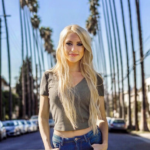 Anna is a journalist-turned-screenwriter. She previously worked at Bustle as an Entertainment Editor, as well as Newsweek, The Daily Beast, and BuzzFeed. After winning the ScreenCraft Screenwriting Fellowship in 2017, she went on to sign with a manager and an agent and she was hired to write two feature films at Netflix.
Anna is a journalist-turned-screenwriter. She previously worked at Bustle as an Entertainment Editor, as well as Newsweek, The Daily Beast, and BuzzFeed. After winning the ScreenCraft Screenwriting Fellowship in 2017, she went on to sign with a manager and an agent and she was hired to write two feature films at Netflix.
For all the latest ScreenCraft news and updates, follow us on Twitter, Facebook, and Instagram.
Tags
Get Our Screenwriting Newsletter!
Get weekly writing inspiration delivered to your inbox - including industry news, popular articles, and more!















